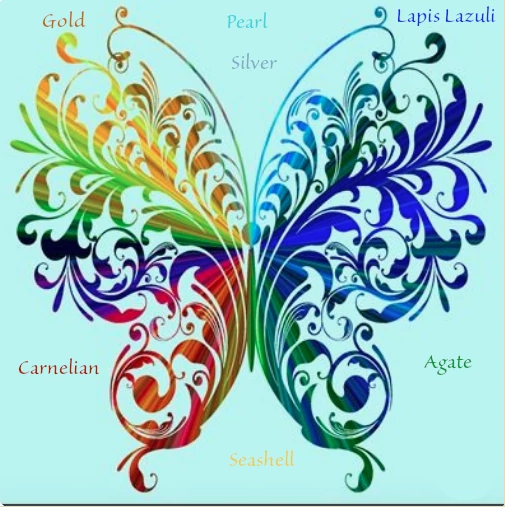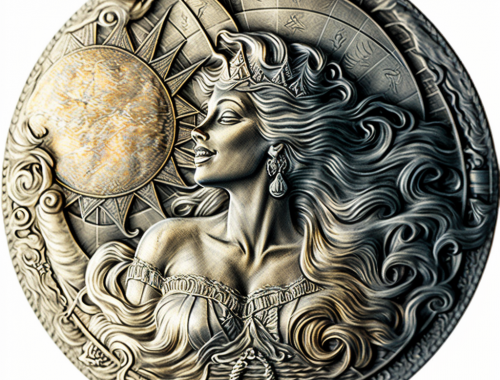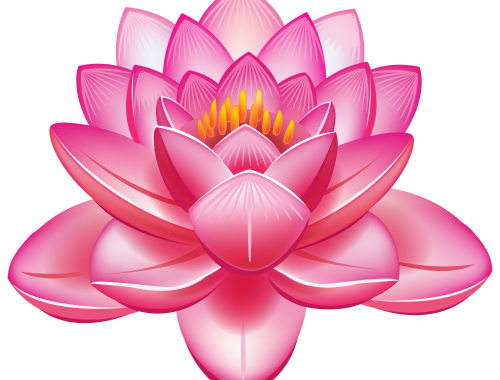
Good Fortune
For you to inquire about the Lotus Sutra and ask its meaning is a rare source of good fortune. In this age of the Latter Day of the Law, those who ask about the meaning of even one phrase or verse of the Lotus Sutra are far fewer than those who can hurl Mount Sumeru to another land like a stone, or those who can kick the major world system away like a ball. They are even fewer than those who can embrace and teach countless other sutras, thereby enabling the monks and lay believers who listen to them to obtain the six transcendental powers. Equally rare is a priest who can explain the meaning of the Lotus Sutra and resolve people’s doubts concerning it. The “Treasure Tower” chapter in the fourth volume of the Lotus Sutra sets forth the important principle of the six difficult and nine easy acts. Your asking a question about the Lotus Sutra is among the six difficult acts. This is a sure indication that, if you embrace the Lotus Sutra, you will become a Buddha in your present form.
Since the Lotus Sutra defines our body as the Dharma body of a Thus Come One, our mind as the reward body of a Thus Come One, and our actions as the manifested body of a Thus Come One, all who uphold and believe in even a single phrase or verse of this sutra will be endowed with the benefits of these three bodies. Nam-myoho-renge-kyo is only one phrase or verse, but it is no ordinary phrase, for it is the essence of the entire sutra. You asked whether one can attain Buddhahood only by chanting Nam-myoho-renge-kyo, and this is the most important question of all. This is the heart of the entire sutra and the substance of its eight volumes.

The spirit within one’s body of five or six feet may appear in just one’s face, which is only a foot long, and the spirit within one’s face may appear in just one’s eyes, which are only an inch across. Included within the two characters representing Japan is all that is within the country’s sixty-six provinces: the people and the animals, the rice paddies and the other fields, those of high and low status, the nobles and the commoners, the seven kinds of treasures and all the other precious gems. Similarly, included within the title, or daimoku, of Nam-myoho-renge-kyo is the entire sutra consisting of all eight volumes, twenty-eight chapters, and 69,384 characters, without the omission of a single character. Concerning this, Po Chü-i1 stated that the title is to the sutra as the eyes are to the Buddha. In the eighth volume of his Annotations on “The Words and Phrases of the Lotus Sutra,” Miao-lo states, “When for the sake of brevity one mentions only the daimoku, or title, the entire sutra is by implication included therein.” By this he means that, although for the sake of brevity only the title of the sutra is spoken, the entire sutra is contained in the title alone.
Everything has its essential point, and the heart of the Lotus Sutra is its title, or the daimoku, of Nam-myoho-renge-kyo. Truly, if you chant this in the morning and evening, you are correctly reading the entire Lotus Sutra. Chanting daimoku twice is the same as reading the entire sutra twice, one hundred daimoku equal one hundred readings of the sutra, and one thousand daimoku, one thousand readings of the sutra. Thus, if you ceaselessly chant daimoku, you will be continually reading the Lotus Sutra. The sixty volumes2 of the T’ien-t’ai doctrines give exactly the same interpretation. A teaching this easy to uphold and this easy to practice was expounded for the sake of all living beings in the evil world of this latter age. A passage from the Lotus Sutra reads, “In the Latter Day of the Law . . .”3 Another reads, “If a bodhisattva mahāsattva in the latter age hereafter, when the Law is about to perish, should accept and embrace, read and recite this sutra . . .” A third states, “In the evil age of the Latter Day of the Law if there is someone who can uphold this sutra . . .”4 A fourth reads, “In the last five-hundred-year period you must spread it [the Lotus Sutra] abroad widely.”5 The heart of all these passages is the admonition to embrace and believe in the Lotus Sutra in this Latter Day of the Law. The learned authorities in Japan, China, and India have all failed to comprehend this obvious meaning and have slandered the sutra. They follow and practice the Hinayana and the provisional teachings upheld by the Nembutsu, True Word, Zen, and Precepts schools, thereby discarding the Lotus Sutra. They misunderstand the Buddha’s teachings, but the people are ignorant of their mistakes. Because they appear to be true priests, the people trust them without the slightest doubt about what they preach. Therefore, without realizing it, the people who follow them have become enemies of the Lotus Sutra and foes of Shakyamuni Buddha. It is obvious from the sutra that not only will all their wishes remain unfulfilled, but their lives will be short, and after this life, they will be doomed to the great citadel of the hell of incessant suffering.6
Even though one neither reads nor studies the sutra, chanting the title alone is the source of tremendous good fortune. The sutra teaches that women, evil men, and those in the realms of animals and hell—in fact, all the beings of the Ten Worlds—can attain Buddhahood in their present form. [This is an incomparably greater wonder than] fire being produced by a stone taken from the bottom of a river, or a lantern lighting up a place that has been dark for a hundred, a thousand, or ten thousand years. If even the most ordinary things of this world are such wonders, then how much more wondrous is the power of the Buddhist Law! We ordinary beings are fettered by evil karma, earthly desires, and the sufferings of birth and death. But due to the three inherent potentials of the Buddha nature—innate Buddhahood, the wisdom to perceive it, and the actions to manifest it—we can without doubt reveal the Buddha’s three bodies—the Dharma body, the reward body, and the manifested body. The Great Teacher Dengyō states, “Through the power of the Lotus Sutra of the Wonderful Law they can do so in their present form.”7 He is referring to the example of the dragon king’s daughter, who achieved Buddhahood in her reptilian form through the power of the Lotus Sutra. Do not doubt this in the least. Please tell her that I will explain this in detail when I see her.
Nichiren




